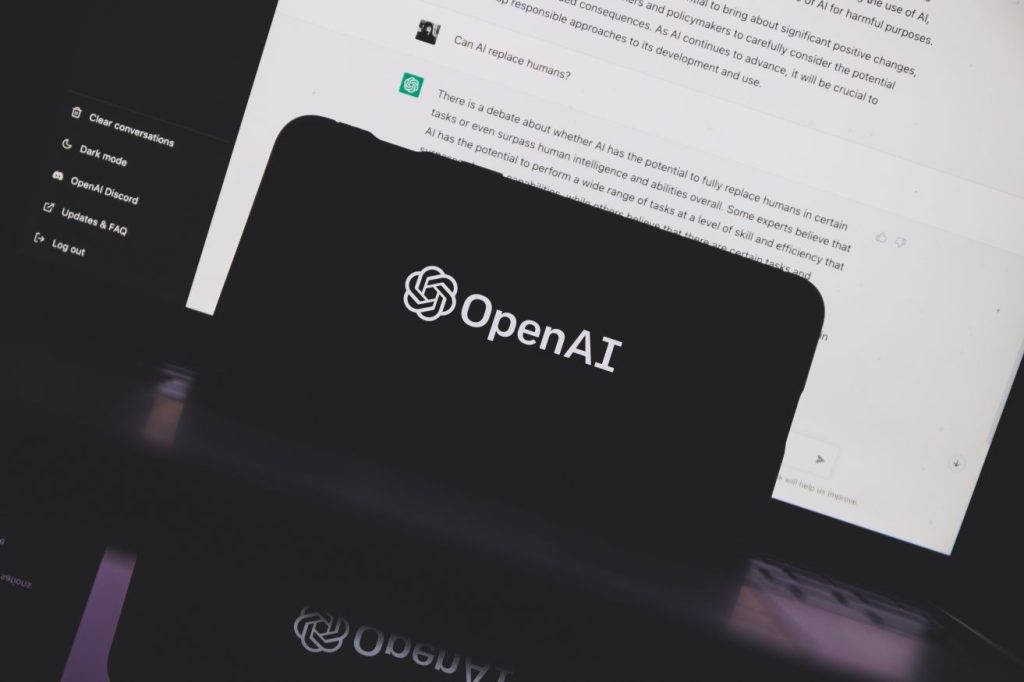With ChatGPT seemingly coming out of nowhere and quickly transforming the way we learn and consume information, there has been talks about banning it across the board.
But how likely is this to actually happen?
From specific classrooms to outright countries banning the software, it’s interesting to think about how much farther the ban will go.
So, in this article, I’ll cover whether ChatGPT is likely to be banned further, where and why it’s likely to be banned, and who is likely to leave it alone.
Let’s get into it!
Will ChatGPT Be Banned In The U.S?

One of the biggest concerns is that ChatGPT will be banned in the United States. But is there any merit to this concern?
Not really, in my opinion. OpenAI is a US-based company, and it’s a huge advantage to the United States to have large language models like ChatGPT being developed within the U.S.
After all, even if it were to be banned within the United States, this wouldn’t stop other countries like China from continuing to work on their own large language models. Considering this has the power to be some of the most influential tech of the 21st century, it’s sort of an arm’s race to see who can develop it the fastest.
It’s also worth pointing out that ChatGPT isn’t even the world’s most powerful language model anymore.
OpenAI themselves have released GPT-4, which is substantially more powerful than ChatGPT. Additionally, other companies like Meta and Google have entered the AI race, and have been developing their own powerful LLMs (large language models) as well.
Remember, Microsoft wouldn’t have invested $10 billion into OpenAI if they thought the tech was about to get banned.
Therefore, it’s extremely unlikely that ChatGPT will be banned within the United States, both now and in the future.
What is a possibility however is that the government eventually restricts who is allowed to train these large language models in the first place, and how they are able to be used. While OpenAI has done a good job at ensuring their models cannot be easily used for unethical purposes, other companies may not hold themselves to the same standards.
Will ChatGPT Be Banned In Classrooms?
Next, let’s talk about classrooms.
This is one area where banning ChatGPT makes a lot of sense.
On one hand, this technology is here to stay, and students knowing how to use it will obviously be beneficial for them in the future. Back in my day, teachers used to say that you’d “never have a calculator with you in your pocket” and well, look at where we are now with smartphones!
However, when students are learning how to write, it’s not always the output that matters.
Instead, what teachers are actually helping children develop is the ability to conceptualize thoughts and ideas, and express them onto paper.
It’s not about having a perfect essay that factually covers a topic with 100% accuracy. It’s about being able to take an idea, and go through the steps to express it properly.
This is something that can only be learned by actually doing it the old fashioned way.
Plus, considering that ChatGPT is usually quite accurate when it comes to delivering facts, it can be difficult to gauge whether students actually know the material they’re talking about if they generate it with ChatGPT – even if they only use the tool as an assistant, rather than as a replacement to their writing.
Therefore, it would make a lot of sense for schools and universities to ban the use of ChatGPT (and other large language models) for their work.
That being said, AI content detectors aren’t that accurate yet, and there are plenty of other language models students could use to cheat, so enforcing this is surely going to be a difficult endeavor!
Why Are Countries Banning ChatGPT, Anyway?
It’s important to understand that even in the countries that ChatGPT is currently banned in – Italy for example, it wasn’t due to the underlying technology itself.
In fact, other large language models similar to ChatGPT can still be used – it is ChatGPT specifically that was banned. And not because of how it works, either.
Instead, ChatGPT was banned in Italy due to the way it processed user data, as well as its failure to prevent underage users from accessing inappropriate material.
The European Union has some of the strictest data protection laws in the world, and ChatGPT was banned in Italy because of these laws specifically. This is why it’s still freely able to be used in other parts of the world, such as the United States and Canada for example.
So, I wanted to point this out – many people have the misconception that it was banned for what it can do. In reality, it simply had to do with data safety regulations.
This is also why banning in more countries outside of Europe is unlikely at this time – even if it does get banned in specific use cases, such as within classrooms.
Conclusion
Although ChatGPT may end up being banned in more classroom and academic settings, it’s unlikely to be banned on a large scale – at least outside of the European Union.
There is nothing that most governments are concerned about regarding ChatGPT itself, and it was primarily banned in Italy due to data protection laws.
If anything, we’re likely to see even more powerful language models pop up as time goes on.
Do you believe that ChatGPT should be banned? Why or why not? I’d love to hear your thoughts in the comments below.
Wishing you the best,
– James McAllister
